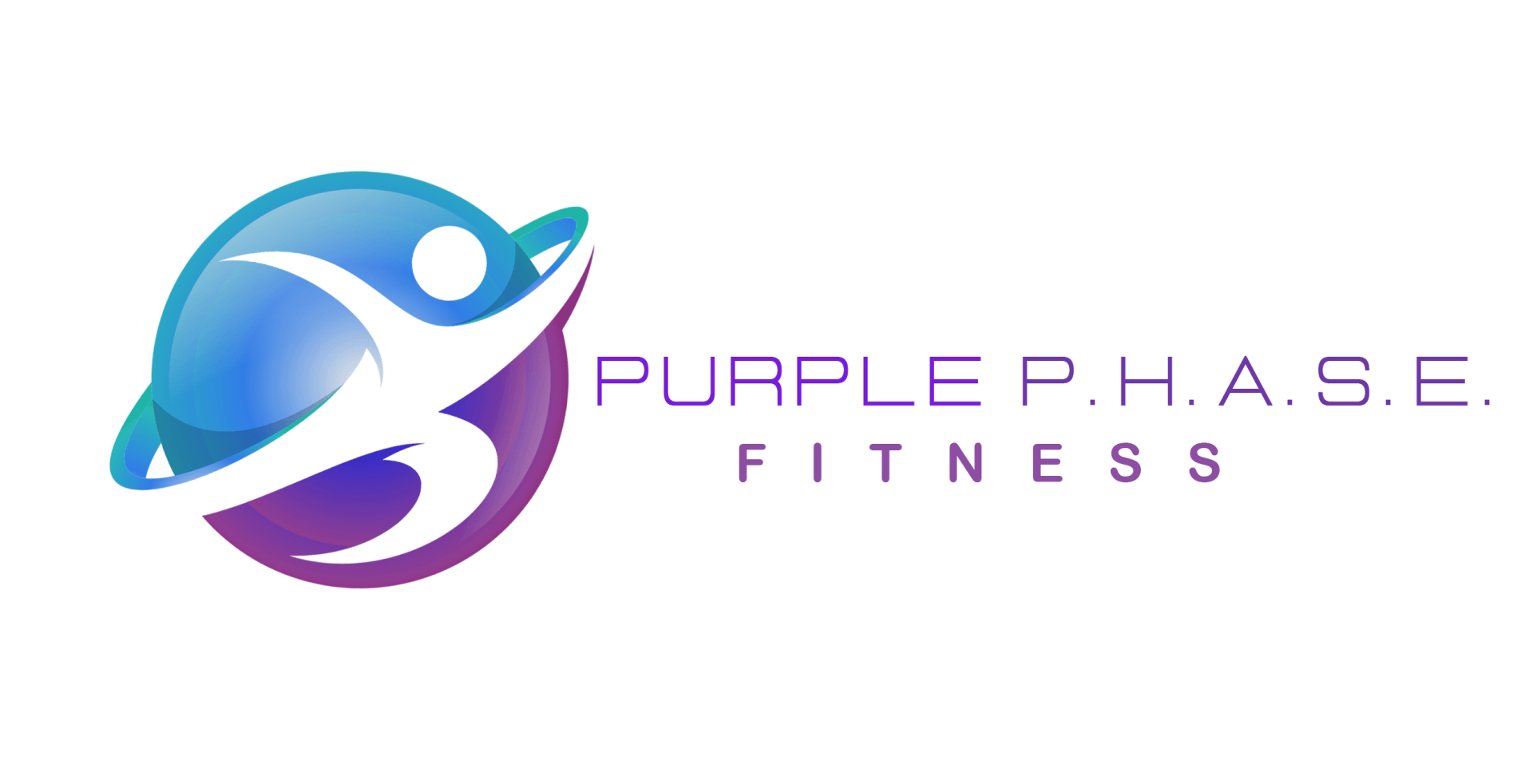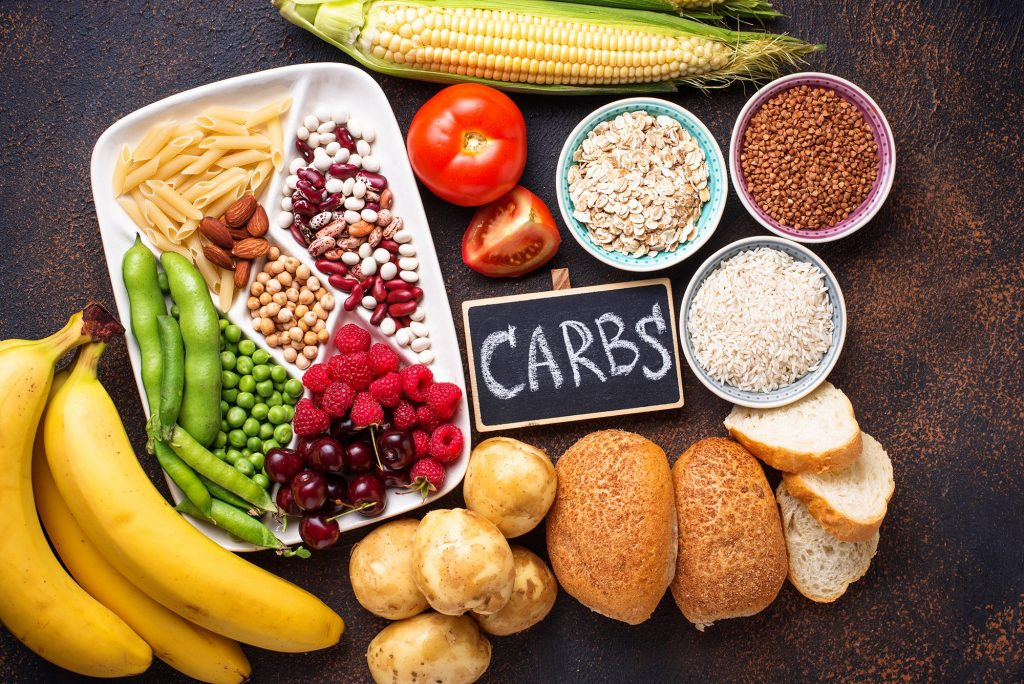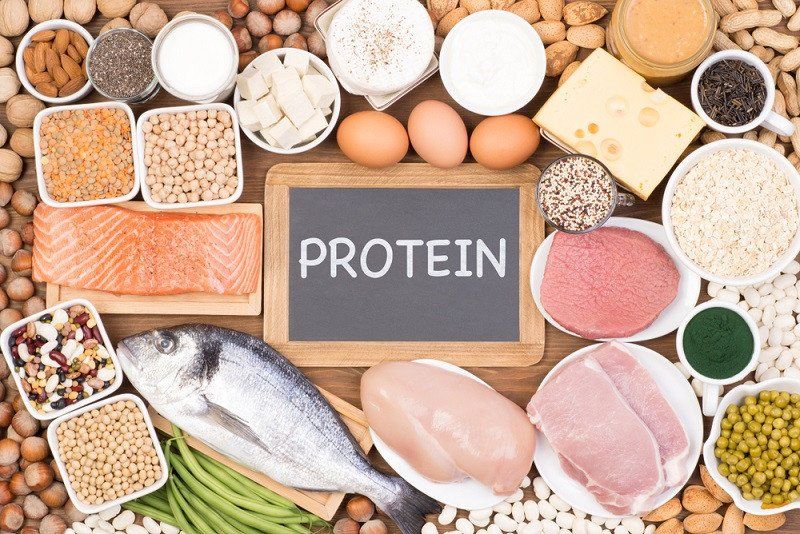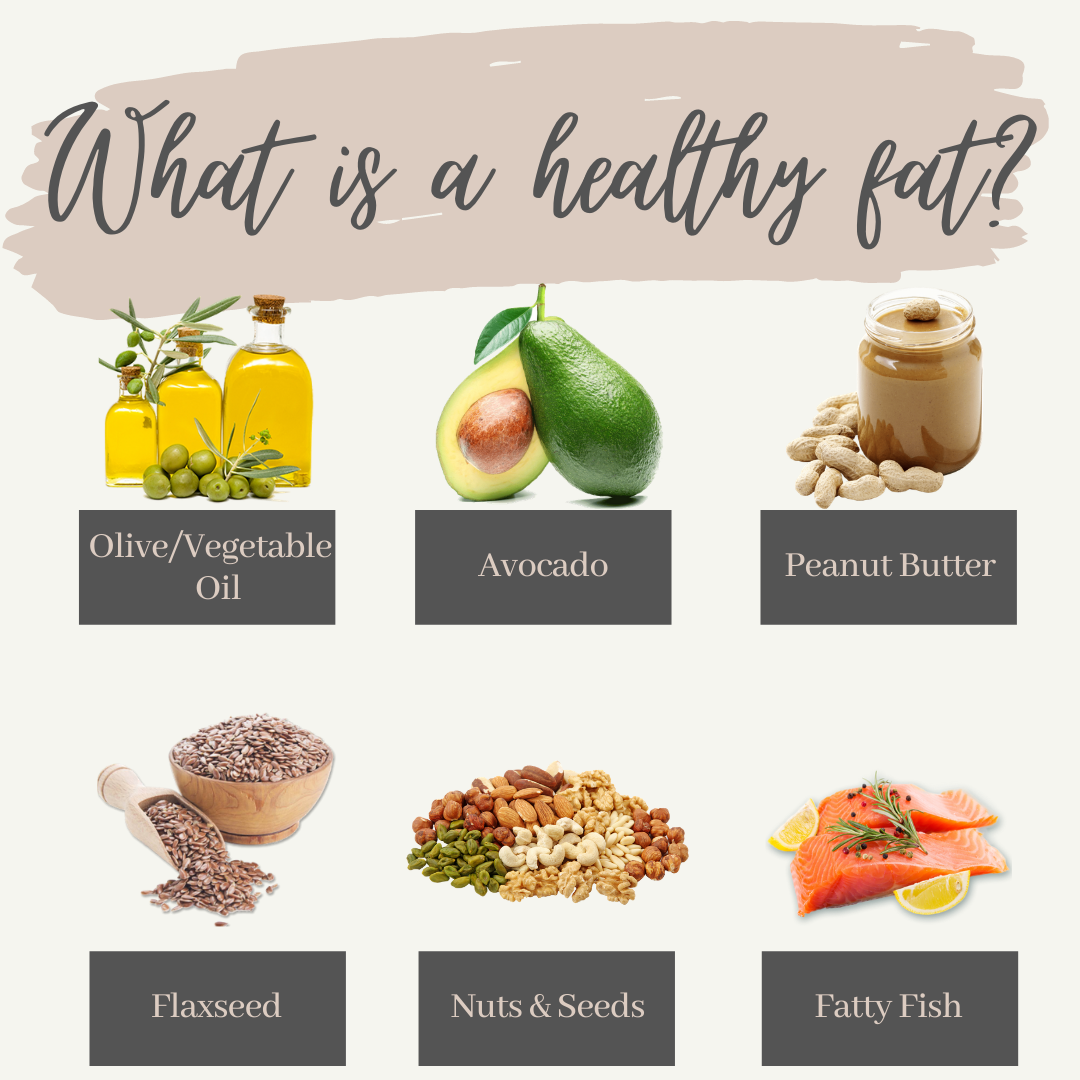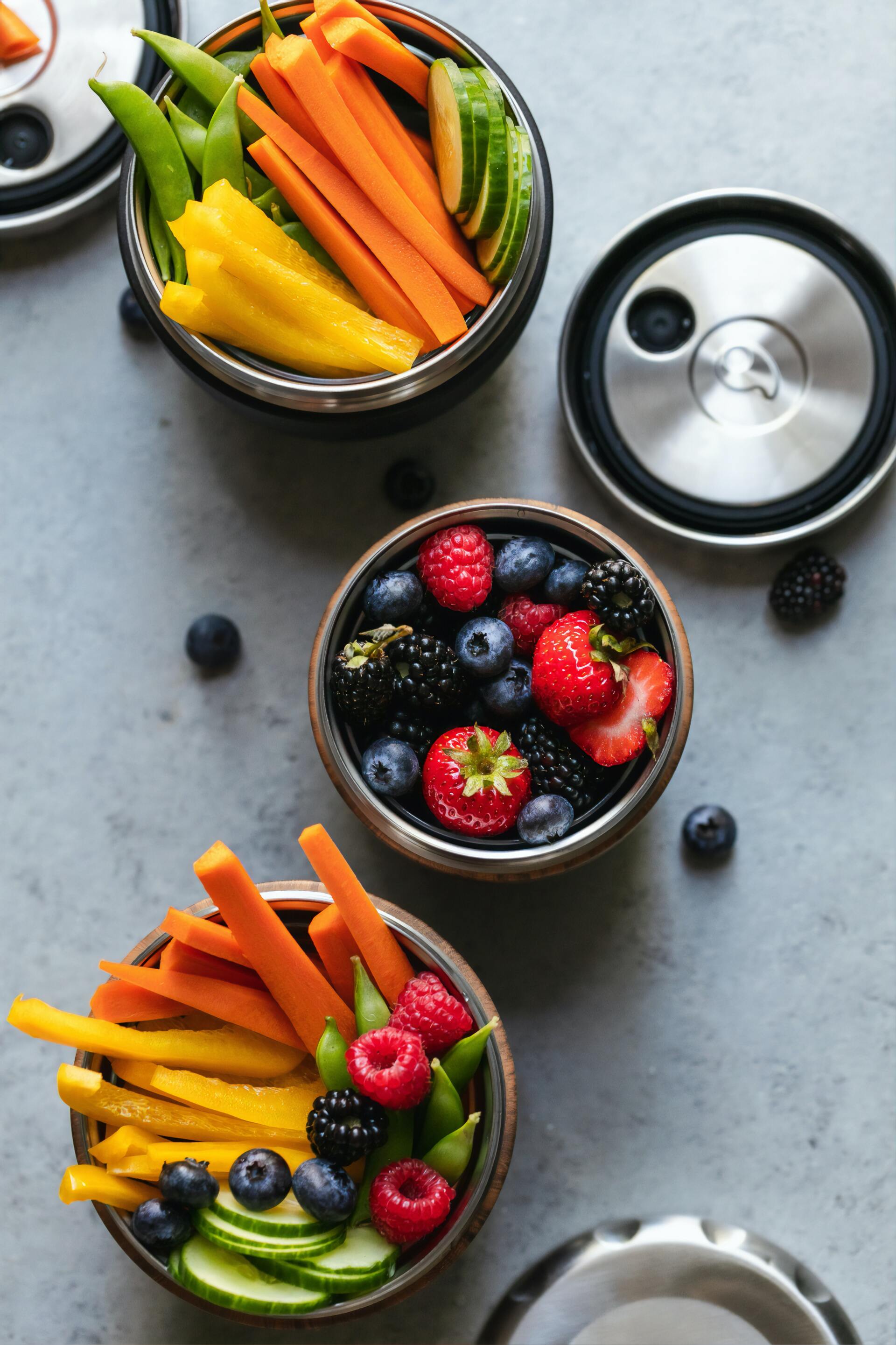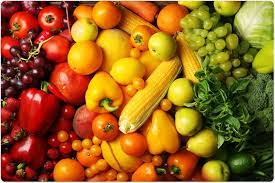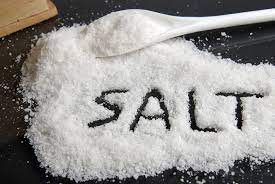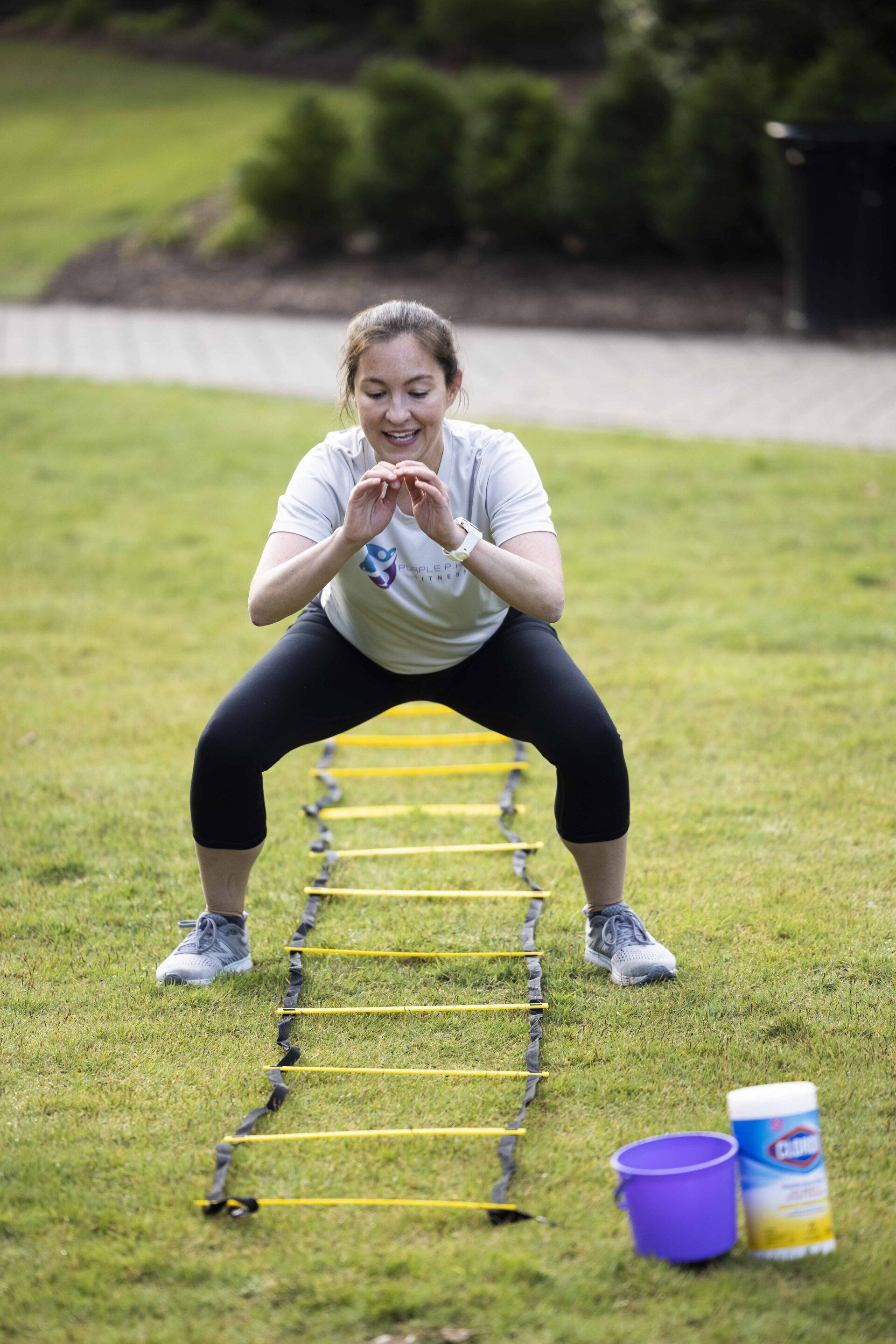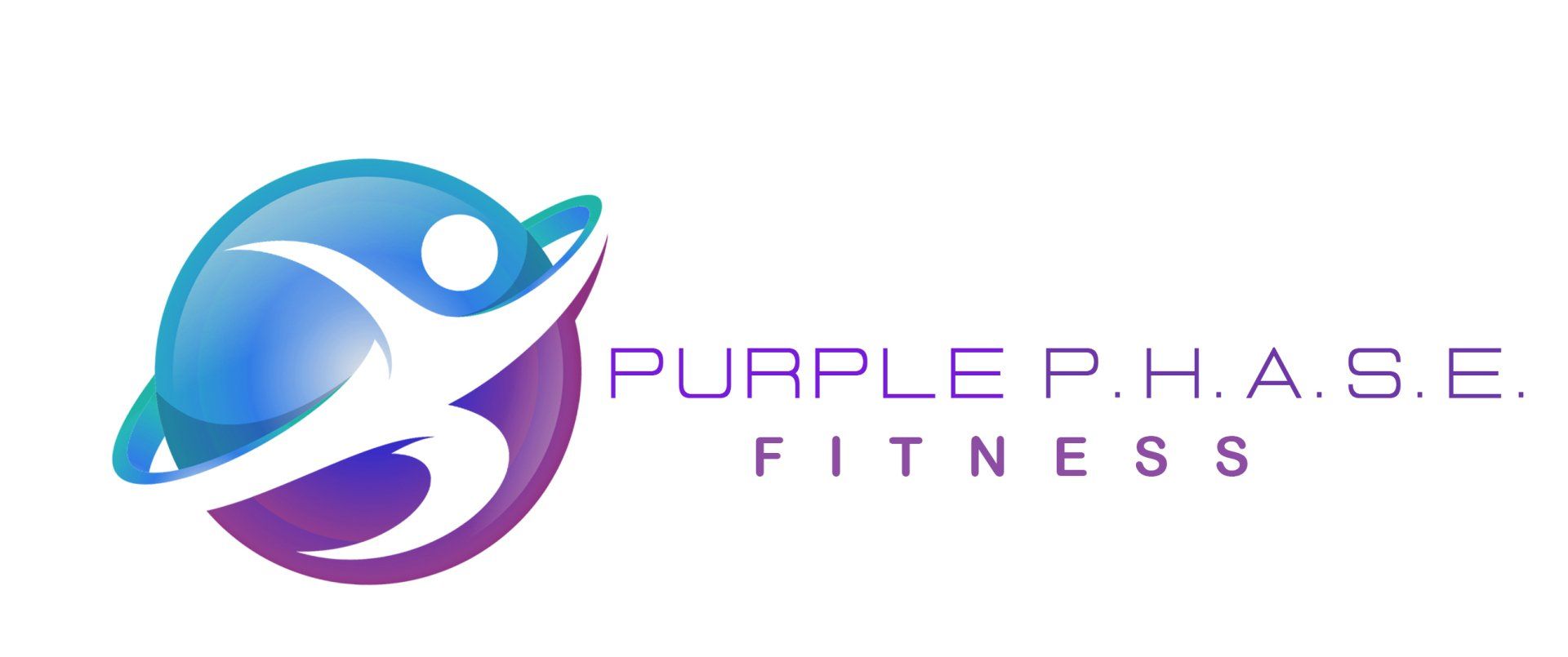CARBOHYDRATES:
The great debate, should I eat carbohydrates or should I not? Carbohydrates have gained a bad reputation and have been taken out of many people’s diet. However, carbohydrates are very essential to your workouts and weight loss plan. They are the main energy source and help fuel the brain, kidney, heart, and nervous system. Taking carbohydrates out of your diet makes you rely on fat and protein as your energy source. Which seems like a great idea until you realize that carbohydrate’s role is to spare you from using protein as an energy source because protein is vital for other essential functions throughout the body. And prefers not to be used as a energy source. The protein that is used to help as an energy source ends up taking away from your muscles and could potentially cause a decrease in bone density.
HEALTHY CARB OPTIONS
Brown rice, Beets, Quinoa, Bananas, Carrots, Buckwheat, Prunes
